-
Every Moment Holy: Volume 2 $49.50 QTY: 1Quantity
-
Song School Spanish - DVD $47.50 QTY: 1Quantity
-
Latin for Children: Primer A - History Reader $16.50 QTY: 1Quantity
-
Newfoundland & Labrador: Land and People $13.99 QTY: 1Quantity
-
The Lost Tools of Writing: Level One - Complete Set
- Includes:
The Lost Tools of Writing: Level One - Student Workbook × 1
The Lost Tools of Writing: Level One - Teacher's Guide × 1
The Lost Tools of Writing: Level One - Online Instructional Videos Subscription × 1
Quantity -
The World's Story 2: The Middle Ages - Teacher Guide $44.95 QTY: 1Quantity
-
Exploring Creation with Biology, 2rd ed. Solutions and Test Manual ***Discounted*** $35.50 QTY: 1Quantity
-
God's Great Covenant: Old Testament 2 - Complete Set
- Includes:
God's Great Covenant: Old Testament 2 - Student Edition × 1
God's Great Covenant: Old Testament 2 - Teacher's Edition × 1
Quantity -
Teaching Writing: Structure and Style, Seminar Workbook/Syllabus $47.50 QTY: 1Quantity
-
All About Spelling Level 1 - Materials Set
- Includes:
All About Spelling Level 1 - Student Packet × 1
All About Spelling Level 1 - Teacher's Manual (Expanded, Colour Edition) × 1
Quantity -
Fourth Form Latin and Henle Latin - Complete Set
- Includes:
Fourth Form Latin - Student Text × 1
Fourth Form Latin - Student Workbook × 1
Fourth Form Latin - Teacher Manual × 1
Fourth Form Latin - Teacher Key for Workbook, Quizzes, & Tests × 1
Fourth Form Latin - Quizzes & Tests × 1
Fourth Form Latin - Flashcards × 1
Henle's Latin 1 - Text × 1
Henle Latin I - Answer Key × 1
Henle Latin - Grammar × 1
Quantity
Aristotle: Education for Virtue and Leisure
$16.50
Available in stock
The Greek philosopher Aristotle is a towering figure in the history of philosophy and the study of ethics. His contributions to educational thought have played a central role in the tradition of classical education across the centuries, especially for teachers who look to the liberal arts tradition for guidance.
In this book, Dr. Gary Hartenburg provides an introduction to Aristotle’s educational philosophy and influence, including an overview of important topics addressed by Aristotle that continue to guide educational thought and practice today. Hartenburg begins with a summary of Aristotle’s life and works, as well as a background of Greek culture and educational practices. The author then outlines Aristotle’s views on the nature and purpose of human beings, focusing on Aristotle’s understanding of virtue, happiness, leisure, and friendship. Aristotle’s views on these topics have important educational implications, and Hartenburg proceeds to explain numerous aspects of Aristotelian curriculum and pedagogy that follow from those views. The book concludes with an overview of Aristotle’s educational influence throughout history as well as some key ways in which Aristotelian thought is still relevant to teachers and students today.
| Weight | .250 kg |
|---|---|
| Dimensions | 5 × 8 × .15 in |
| Author | Hartenburg, Gary, PhD |
| Publisher | Classical Academic Press |
| Format | Paperback |



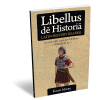












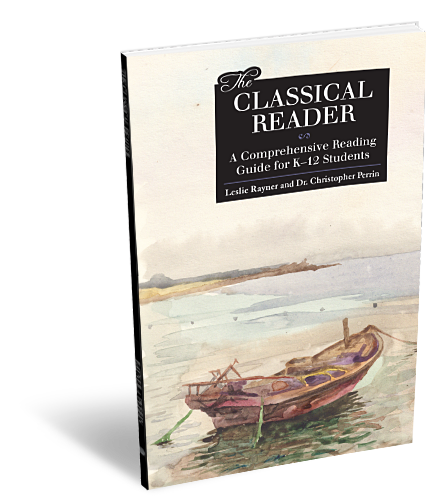








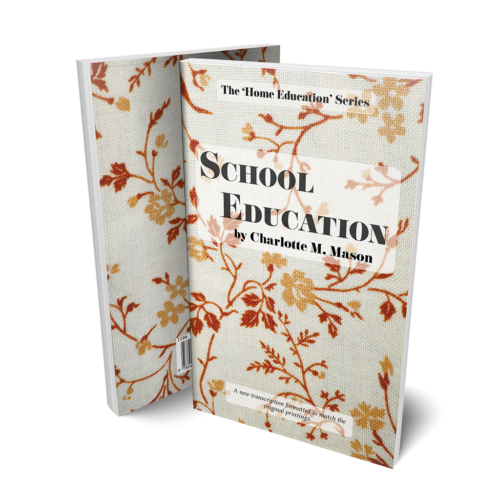


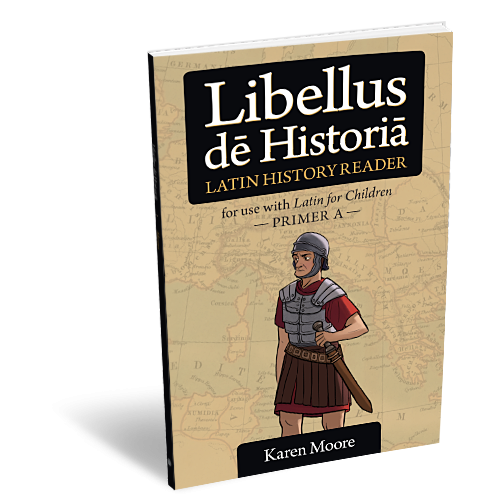




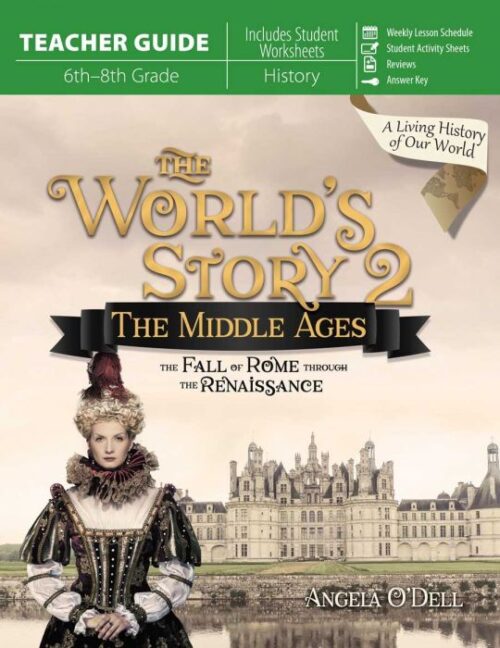



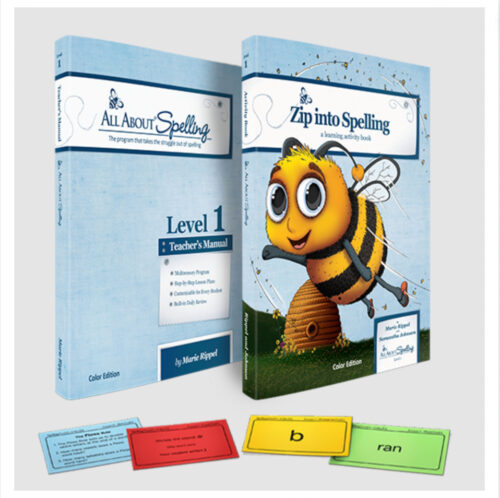


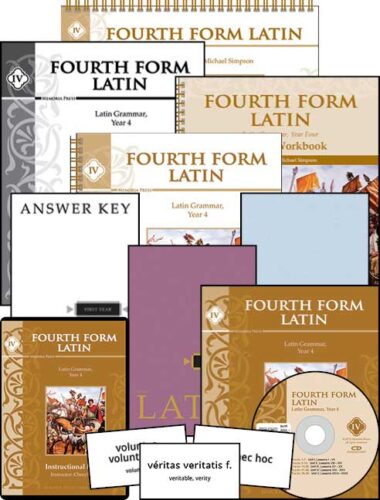



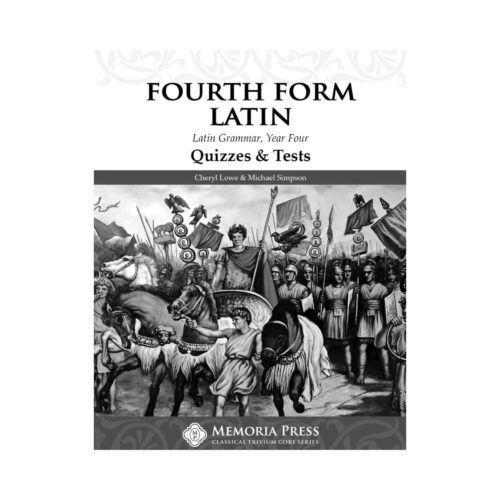

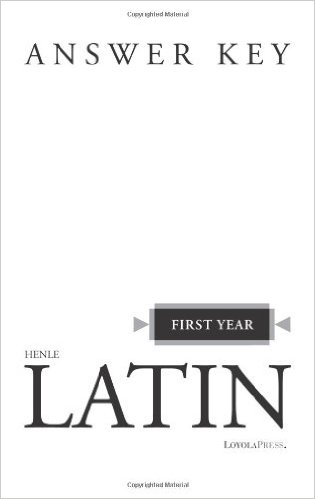
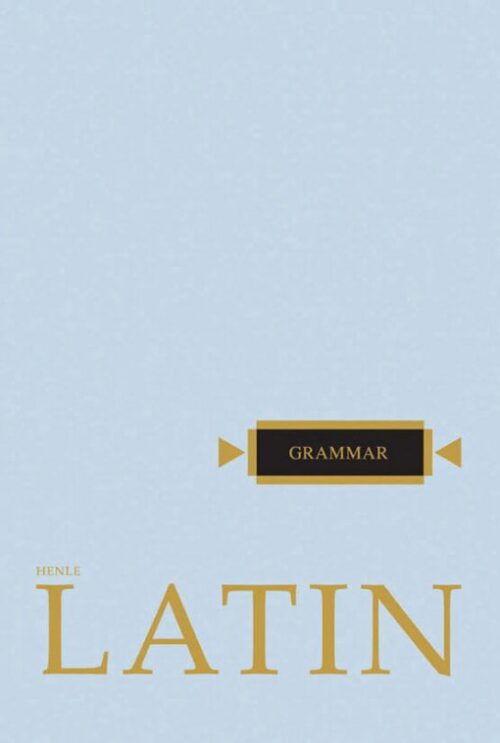

Reviews
There are no reviews yet